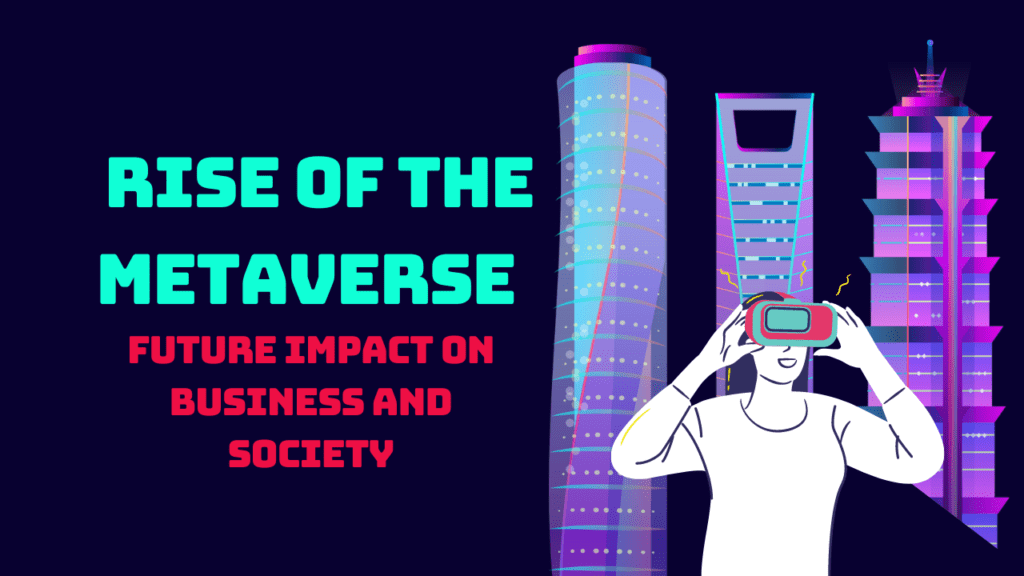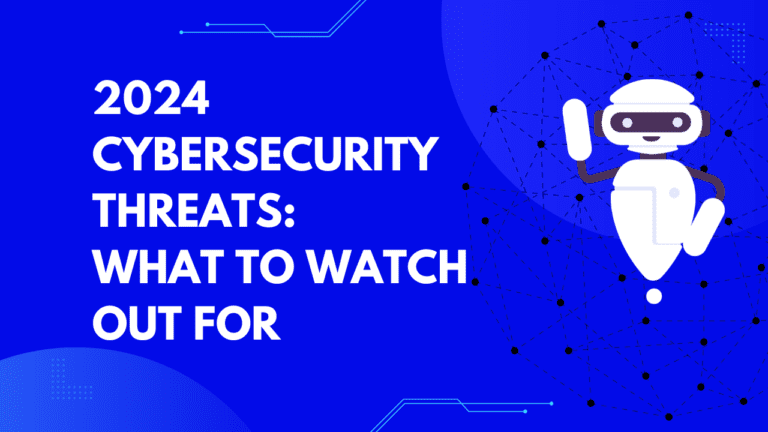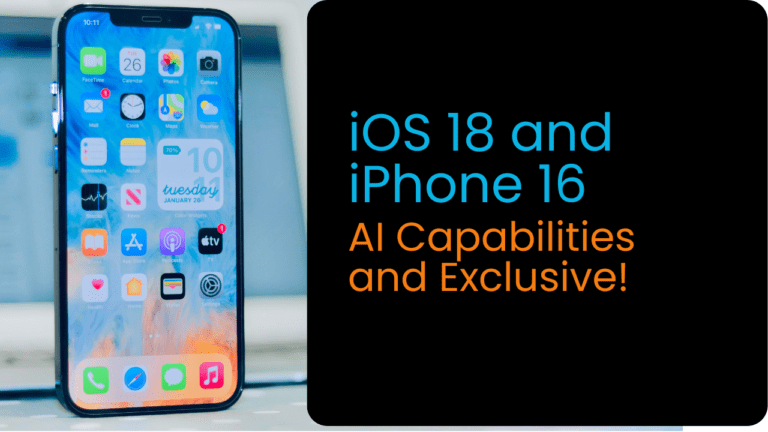Rise of the Metaverse – Its Future Impact on Business and Society


The metaverse or web 3.0 concept is transitioning from speculative fiction to near-future reality. This emerging network of persistent 3D virtual worlds – accessible across devices and digital spaces – promises to radically transform consumer tech and disrupt a growing array of industries.
While still in its early days, the building blocks of the metaverse vision are already taking shape through virtual reality (VR), augmented reality (AR), blockchain, cryptocurrencies, NFTs, and advanced simulation.
As these technologies mature and converge over the next decade, their combined effects could profoundly impact everything from retail and healthcare to education, finance, manufacturing, and entertainment.
So what exactly is the wider societal and business impact of the metaverse likely to be? And how can key industries prepare for the radical shifts to come? Here are three key effects the metaverse may have across society:
The New ‘Magic’ Of Experiential Retail
As online shopping surges, physical retail struggles. But metaverse tech promises to breathe new life into brick-and-mortar experiences. Expect small boutiques to giant malls that integrate VR/AR tools for virtually “trying on” items, accessing reviews, or getting unique in-store interactions powered by emerging tech. If the metaverse makes retail experiential again, stores can become destinations once more.
Reshaping Healthcare Delivery
Telehealth boomed during the pandemic, but still lacks physical examination capacity. Metaverse tools like biosensors, digital twins, and simulated care environments could enable far richer telehealth interactions in the future. This allows decentralized delivery and remote surgery assistance via robotics and 3D organ analysis. Healthcare could change radically.
New Frontiers For Hybrid Learning
VR field trips to any global destination or specialty labs? Lifelike digital teacher avatars? As the metaverse matures, hybrid learning models combining physical and virtual classrooms are set to drive engagement through immersive tools and gamified lessons. Students globally could benefit despite resource constraints.
Measuring the market size
Forecasts already predict the metaverse economy growing into the trillions over the next decade. One estimate puts the revenue opportunity at up to $13 trillion per year by 2030 – including spending across VR/AR, advertising, live events, and hardware. Other projections put the value creation at over $800 billion by 2028.
And given that foundational tech like blockchain and crypto is expected to keep advancing in the interim, these estimates are continually being revised upwards. The only real certainty is that the revenue potential is vast.
With such lucrative opportunities on the line, businesses need to actively track developments across their industries, identify use cases, and pilot emerging tech integration with virtual worlds. Waiting and watching is no longer prudent – the next big computing paradigm is already here.
And for all the business model disruption it may bring, Ultimately represents the internet’s next evolution. Just as Web 2.0 and mobile radically transformed society previously, this new user-experienced centered network built on persistent virtual worlds will unlock new horizons – it’s just a matter of time and imagination.
Read More:






